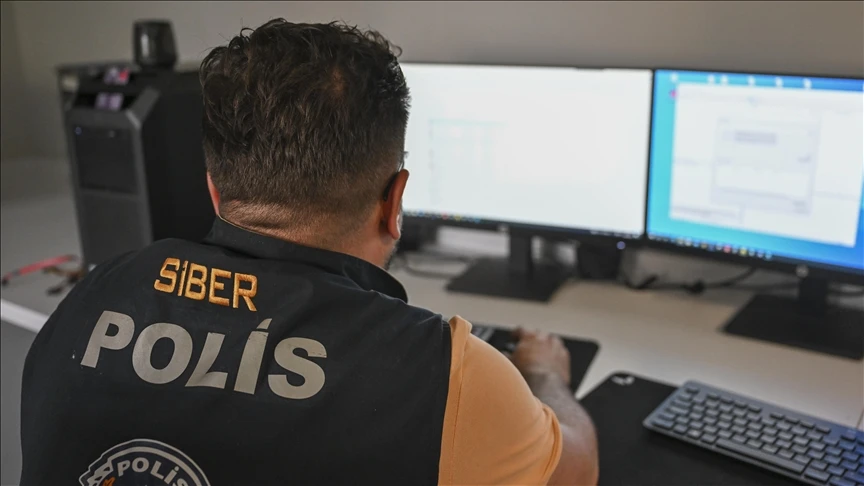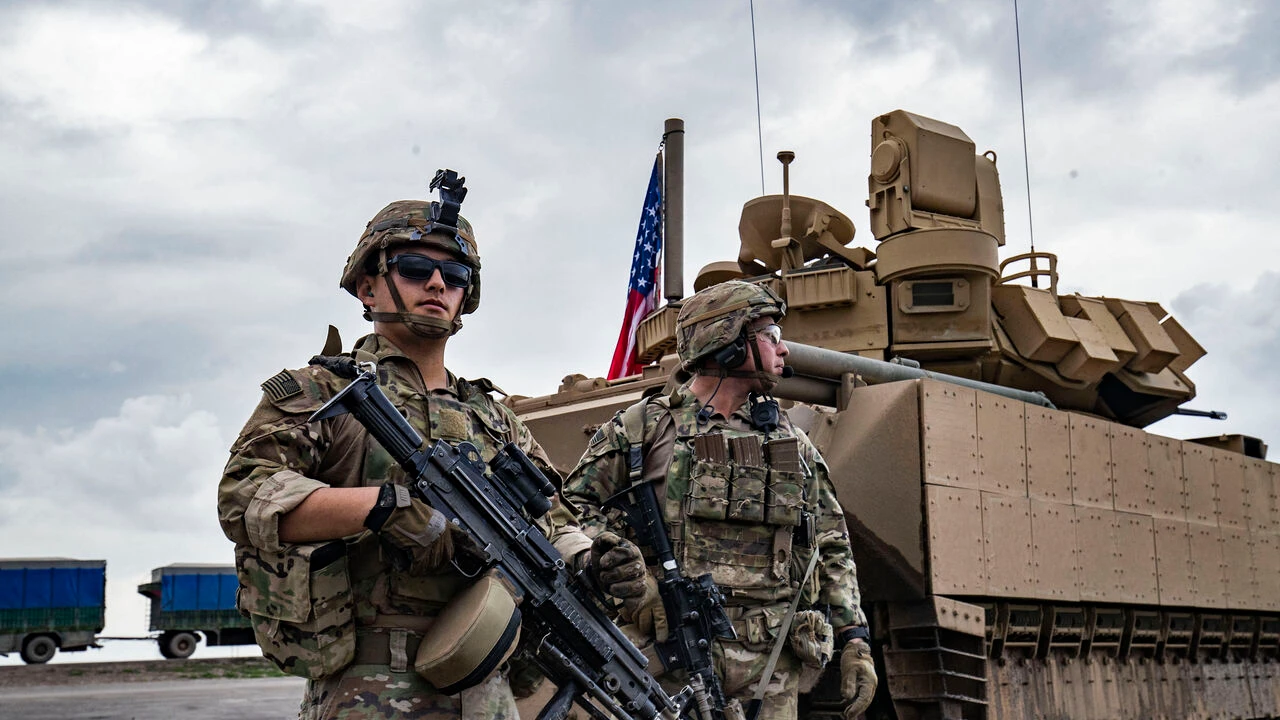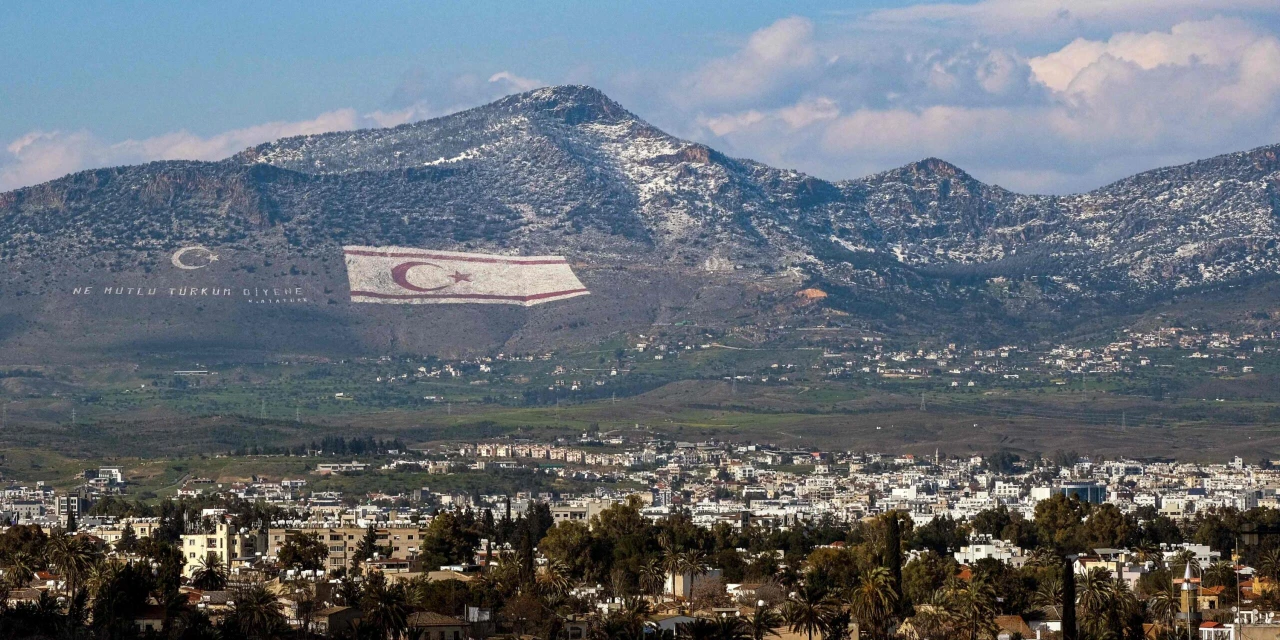Presidency of Cybersecurity established in Türkiye
 A person typing in a laptop with computer screen showing lines of code. (AA Photo)
A person typing in a laptop with computer screen showing lines of code. (AA Photo)
A presidential decree establishing the Presidency of Cybersecurity has been published in the Official Gazette, officially bringing the new institution into effect.
According to the decree, signed by President Recep Tayyip Erdogan, the Presidency of Cybersecurity, which will be attached to the presidency, will be a public legal entity with a special budget. Its headquarters will be located in Türkiye’s capital, Ankara.

Key responsibilities and structure of new cybersecurity authority
The presidency will:
- Determine policies, strategies and goals for ensuring cybersecurity
- Prepare action plans, carry out legislative work
- Coordinate relevant activities and increase awareness, education and consciousness about cybersecurity
- Implement projects that support cybersecurity and information security
- Work on enhancing collaboration among the public sector, private sector, and universities
It will also work on:
- Developing domestic and national products and technologies in the cybersecurity ecosystem
- Support local entrepreneurs to become competitive in global markets
- Engage in research and development and technology transfer in areas where cybersecurity is needed
- Work on identifying vulnerabilities in cybersecurity
- Create emergency and crisis management plans
- Implement other tasks assigned by legislation
Domestic representations may be established directly by the president, while foreign representations require the president’s proposal and the approval of the president.

Directorate General of Cyber Defense and Cyber Resistance will be included
The presidency’s service units will include the:
- Directorate General of Cyber Defense
- Directorate General of Cyber Resistance
- Directorate General of Ecosystem Development
- Foreign Relations Department
- Administrative Services Department
- Legal Consultancy
- Press and Public Relations Consultancy
The presidency may form working groups involving ministries, public institutions and organizations, professional chambers, civil society organizations, private sector representatives and experts on relevant issues related to its field.
Around 135 personnel have been allocated for the presidency.



